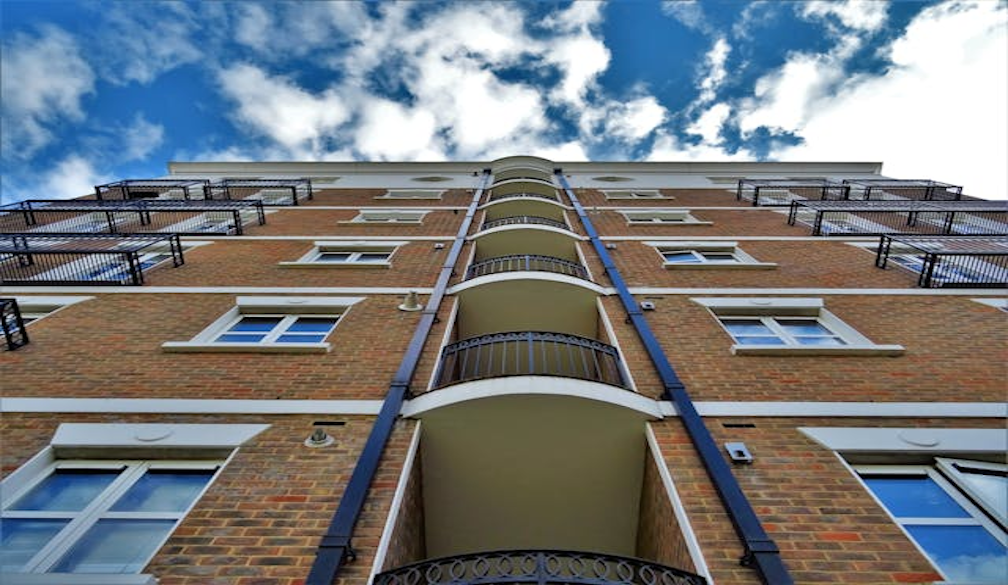How to Simplify Your Search for the Perfect Rental Home
- Written by Daily Bulletin

Finding the right rental home can feel like a huge job. There are so many choices and things to think about, and it can quickly feel like too much. But it doesn't have to be hard! With a little planning and some smart steps, you can make your search much simpler and easier. This guide will give you top tips to help you find that perfect place without all the headaches.
1. Know What You Need
Before you even start looking, figure out what's most important. This is like making a "must-have" list versus a "nice-to-have" list.
- Money First: How much can you truly afford each month for rent, plus extra costs like utilities (electricity, water, internet)? Be honest; this is key.
- Where to Live: Think about your job, school, how far you want to drive, or if you need public transport. Do you prefer a quiet area or one with shops?
- Size: How many bedrooms and bathrooms do you need? Do you want a big living room, space for an office, or a pet?
- Must-Have Features: Are there specific things you need, like a dishwasher, in-home laundry, a yard, parking, or AC?
Having these lists ready will help you know exactly what you're looking for, saving you lots of time.
2. Start Your Search Smartly
Now that you know what you want, it's time to start looking smart. Don't just jump on every website!
- Use Websites and Apps: Start with online platforms like Zillow or Apartments.com. Use their filters to narrow down choices by price, bedrooms, or whether pets are allowed. This helps you avoid places that don't fit.
- Set Up Alerts: Many sites can email you when new rentals matching your needs appear. This is very useful when good places rent quickly.
- Look Locally Too: Sometimes, real estate agents specialise in rentals, or you can search for very specific local terms like "Byford rentals nearby" if you know your desired area.
- Be Ready to Act: Good rentals often go fast. When you find a place you like, contact the landlord or agent right away.
3. Prepare Your Documents Ahead of Time
When you find the perfect place, landlords will ask for papers to check who you are.
- Proof of Income: Show recent pay stubs, a letter from your boss, or bank statements. This shows you can pay rent.
- ID: Have a copy of your driver's license or another official ID.
- References: Get contact info for past landlords or personal references.
- Credit Report (Good Idea): Landlords might check your credit. Having your recent report ready shows you're organised.
- Cover Letter (Helpful): Write a short, friendly letter about yourself and why you'd be a good renter.
4. Ask the Right Questions When You Visit
When you visit a possible rental, be bold! This is your chance to learn everything.
- About Money: Ask for the exact rent, what bills are included, and the security deposit. Also, ask about any other fees (like for pets or applying).
- Lease Rules: Find out how long the lease is and what happens if you leave early.
- Repairs: Ask how things are fixed if they break, who to call, and how fast they respond.
- Neighbours and Noise: If possible, ask about noise levels or talk to a neighbour.
- Pets: If you have pets, confirm the pet rules in detail.
- Move-in Date: Check when the place is ready.
Take photos or videos during your visit to help you remember details later.
5. Be Patient, But Also Be Ready to Decide
Finding a rental means you need to be balanced. You need to be patient because the perfect place might not appear right away. But you also need to be ready to say "yes" when you find something you love, especially if it's a good deal.
- Don't Settle: It's okay to say no to places that don't feel right. Waiting for something better is often worth it in the long run.
- Don't Wait Too Long: On the other hand, if a place has most of what you want and you feel good about it, don't delay. Someone else might try to get it quickly.
- Trust Your Feeling: If a place feels wrong, or if something seems too good to be true, it probably is. Listen to what your gut tells you.
By taking a clear, step-by-step approach, knowing what you want, getting ready early, and being smart about your search, you can make finding your next rental home much simpler. Soon, you'll be settling into a place that truly feels like home.




